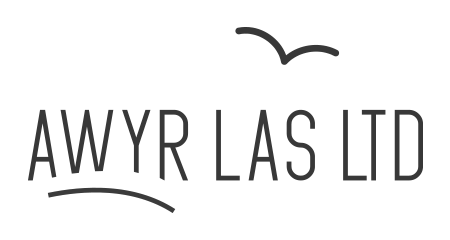These are very difficult times for bunker traders and physical suppliers. A number of prominent failures across 2020 has left the financial sector highly sceptical of the bunker sector, and in many cases retrenching away altogether. The reputation of many very good and reliable companies with strong business models has been tarnished by the actions of a few. In most instances these actions have been removed from the bunker trading and supply activities themselves, nevertheless, the impact has been very real.
Let us be clear, bunker supply and trading will not disappear, it remains a core service provision to the global economic model. The sea transportation of goods is unlikely to remain static and if anything will continue to grow, as the global population and wealth continues to rise. Whilst new technologies and alternative fuels offer mid/long term solutions, the reality is that marine petroleum based fuels will remain the mainstay of the bunker market for the foreseeable future.
Therefore, in accepting that the market is here to stay but has taken a bloody nose, Awyr Las is seeking to position itself in a clear space, able to provide best advice and practice solutions to seek to regain the confidence (in particular bank and insurance confidence) lost in the sector over the last few years. Good practice remains at the heart of successful businesses and so, taking an holistic view, the ability to provide those best practices more widely across the sector, ensuring small and medium sized physical bunker suppliers and traders have access to the facilities and processes more readily available to the larger multinationals is critical for the sectors health.
Few companies in the sector can support budgets large enough to include senior credit managers, the development of a credit model, purchase of credit reporting data, the implementation of credit policies, the managing of relationships with insurers and advice on credit exposure recoveries. So the ‘Blue Sky’ concept is to provide a scalable framework for these businesses, with common best practice procedures within a credit policy, supported by a proven credit model, and process audit support in order to reinvigorate the confidence in the bunker sector that some financial institutions may have seen waning.
In order to better understand the motivation for ALL we need to quickly recap the history of the last few years and go back to the truly seismic event of 2014 when, as the global economies started their rebound, the recently publicly listed bunker trading giant, OW Bunker collapsed. This impacted all across the industry. A number of smaller collapses since, including a spate in the key Singapore Market as the MPA tightened its grip on a sector that was overpopulated by players occurred in the following five years. The focus then shifted to sulphur limits and across 2019 the key concern had been firmly upon the impact of IMO:2020 implementation (exhaust gas cleaning systems -v- VLSFO/MGO -v- alternate fuels) and trying to position both physically and financially to manage the expectation of low product availabilities and high prices whilst the product mix hopefully stabilised over the year.
The reality could not have been more different. Few have reported difficulties in obtaining the VLSFO needed, and quality hasn’t been the albatross that it was expected to be. As demand for sea transport slowed across a COVID hit world, so availabilities of product immediately stabilised as did prices, driven down by an oil price that tumbled across Q1/2020. This market collapse, it would appear, led to the failure of the substantial Ocean Tankers / Ocean Bunkers / Hin Leong Group in Singapore (the ports largest independent) and soon afterwards the oil and commodity trading, refining, and bunkering business Gulf Petrochem. Unlike the OW Bunker collapse, these more recent events were almost wholly felt by the financing banks themselves. Consequently, banks already wary of the sector, and operating in a highly stressed COVID environment lost further confidence in the sector.
Our challenge is to rebuild that confidence.

